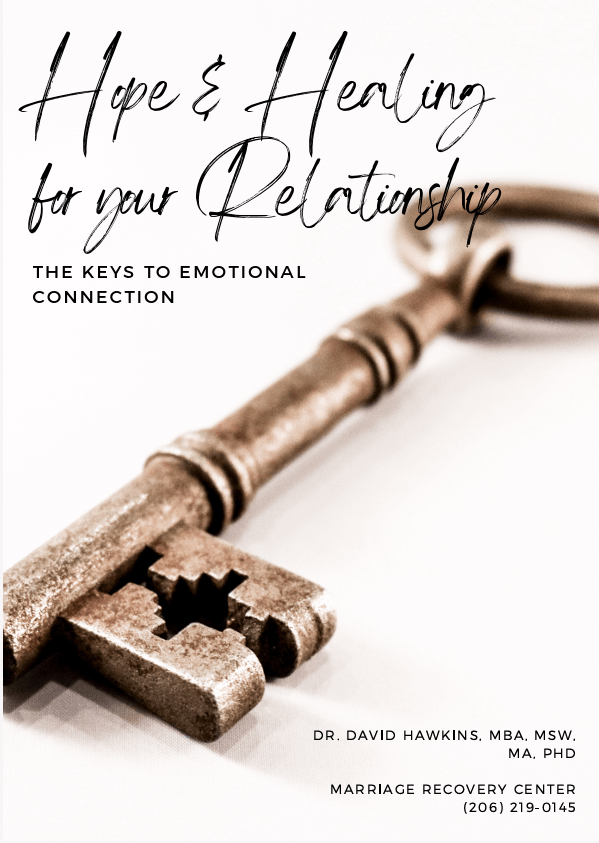It was Socrates who famously said that the “unexamined life is not worth living”.
So is a mid-life crisis just bound to happen to everyone at some point in their lives? Many of us get to a season in life where we begin to struggle and question everything—who we are, why we’re here, and how to create a life worth living.
While some people think that mood and perspective are all a choice, perhaps sometimes we are at the mercy of life’s natural phases and chapters that are, believe it or not, seemingly hard-wired into our biology.
During certain times, we are almost forced to go deeper to find our truth in order to move on into the later chapters of life more elegantly. But to those around us who bear witness to this process, it can certainly appear that we’re not ourselves. It may look like we’re acting out in ways that are confusing and sometimes completely opposed to our prior belief systems and expected behavior. Just like a mid-life crisis would look.
During these times of philosophical crisis, we often disconnect from those we love. Out of nowhere we buy sport-cars and motorcycles, we dress like teenagers, and some of us even seek out the attention of those half our age. Culturally we refer to this phase as a mid-life crisis, and for those who might think this is simply an excuse for unusual or even bad behavior, it actually appears to be somewhat biological.
Believe it or not, we even share this phase with other relatives in the animal kingdom! There is a similar U-shaped curve for happiness found in chimps and orangutans, implying that there may be a universal, biological correlation between age and happiness.
Happiness During A Mid-Life Crisis Is A Curve
As you can see by the Gallop World Poll taken in 2012, happiness and age are highly correlated, and our lowest level of happiness coincides with our middle years. What we think of as middle age has been moving out as we live longer, so the U-shaped curve has also been shifting to the right over time.
How Might We Experience This Phase?
In the words of Gail Sheehy in her book Passages, “People can expect to feel sometimes momentous changes of perspective, often mysterious dissatisfactions with the course they had been pursuing with enthusiasm only a few years before.” Plus being middle-aged nearly doubles a person’s likelihood of using antidepressants, so this is clearly a crisis on many levels (biological, emotional, intellectual).
Below is a list of some of the symptoms of a mid-life crisis. Give yourself 1 point for each symptom that applies to you and add up the total.
- You’re apathetic/feeling bored/your life is on autopilot.
- You’ve lost your sense of purpose.
- You’re jealous of others.
- You’re asking deep, probing questions.
- You’re making rash and unusual decisions, or unusual purchases that just aren’t “you.”
- You have no ability to see to the future.
- You have a deep sense of loss, like you already know the ending.
- You’re not satisfied in your success.
- You’ve become overly focused on your appearance, or not at all (think pajamas and slippers all of the time.)
- You’ve lost your desire to physically and emotionally connect with others.
- You’re seeking out the company of much younger people.
Are you having a mid-life crisis?
0-4 Unlikely
5-7 Could Be
8-11 Full Blown
How to Navigate Your Mid-Life Crisis More Elegantly
- Slow down and think through everything much more comprehensively before making any rash changes. This is a stop and pause time in life, a time to be contemplative. It’s much better to be slow to act than act too rashly and hurt others (and yourself) in the process.
- Know that a mid-life crisis isn’t necessarily a bad thing; it’s part of our human experience to learn and grow through adversity. Go towards the big scary monster and ask, “What are you here to teach me?”
- Open up with loved ones to describe your process. Think of this like giving out your GPS coordinates when you’re lost in the woods. To paraphrase Brene Brown: we think our vulnerability makes people like us less, but in truth, they end up liking us a whole lot more.
- Create new goals that will help you better understand yourself and navigate the process effectively (taking good care of yourself, meditating, reading self-help books, counseling, joining a group of like-minded individuals, volunteering).
- Remember that by being still with your curiosity, you’ll ultimately boost your coping mechanisms.
How to Support a Partner Going Through a Mid-Life Crisis
- Remember, this isn’t about you. It’s difficult to see your partner slipping away emotionally and not think it’s about you, but be assured that it’s not. Try your best to not take this personally. Take care of yourself first, so that you’re healthy and thriving and available to help them if/when they need it.
- Allow them their process. Critical to fully supporting your partner as they navigate their middle years is to allow them enough space to go through their process completely unjudged, while always letting them know that you’re there for them if they need help. Funny enough, this should look a lot like healthy, successful parenting!
- Be a good listener. One of the highest forms of supporting another human is simply holding space for them, just being there for them, with no agenda, only love.
- Express your concern without an attachment to their response. Part of our loving others is wanting the best for them, and when we’re worried that they might be lost or suffering unnecessarily, of course we want to help. So, do that, share your concern so that your partner has this important feedback from someone they know loves them. But then leave them to do with it what they may.
When to Seek Help
Counseling allows for conversations that enable you to see the forest for the trees, to get beyond your own sometimes limited smaller perspective. So, when you’re not seeing things clearly and you can tell that your behavior is having a negative impact on those around you, this is a perfect time to seek out professional help.
At the Marriage Recovery Center, we’re very experienced in helping people to navigate the mid-life phase of life. So, if you find yourself flailing and unsure of your purpose, we can help! Call our client care team at (206) 219-0145 or click here to book a free consultation and rediscover your meaning and significance.








